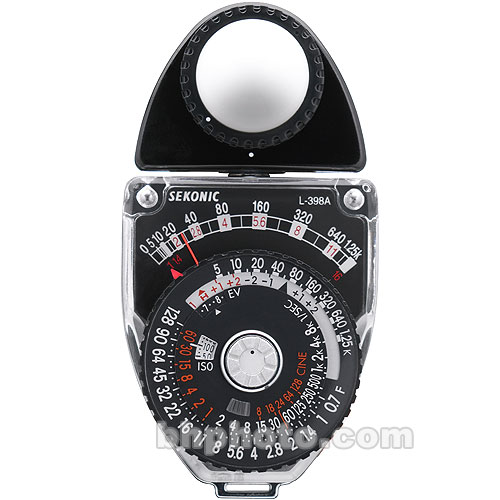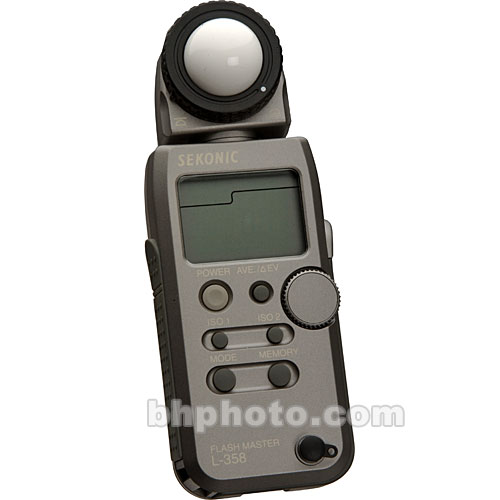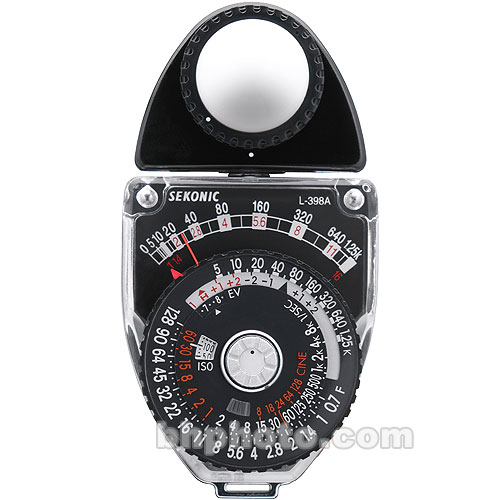I need advise,
I use a Sekonic L-758. Nice meter but overly complicated with tons of features I could care less about and that get in the way. Any suggestion on a small simple meter that is quick and easy to use with accurate readings. I am going to Italy and I hope to take my hassy 501c. I want to go as light as possible and not fell frustrated with taking readings. I might also take my digital camera and use it as a meter as well.
Tom
I use a Sekonic L-758. Nice meter but overly complicated with tons of features I could care less about and that get in the way. Any suggestion on a small simple meter that is quick and easy to use with accurate readings. I am going to Italy and I hope to take my hassy 501c. I want to go as light as possible and not fell frustrated with taking readings. I might also take my digital camera and use it as a meter as well.
Tom



